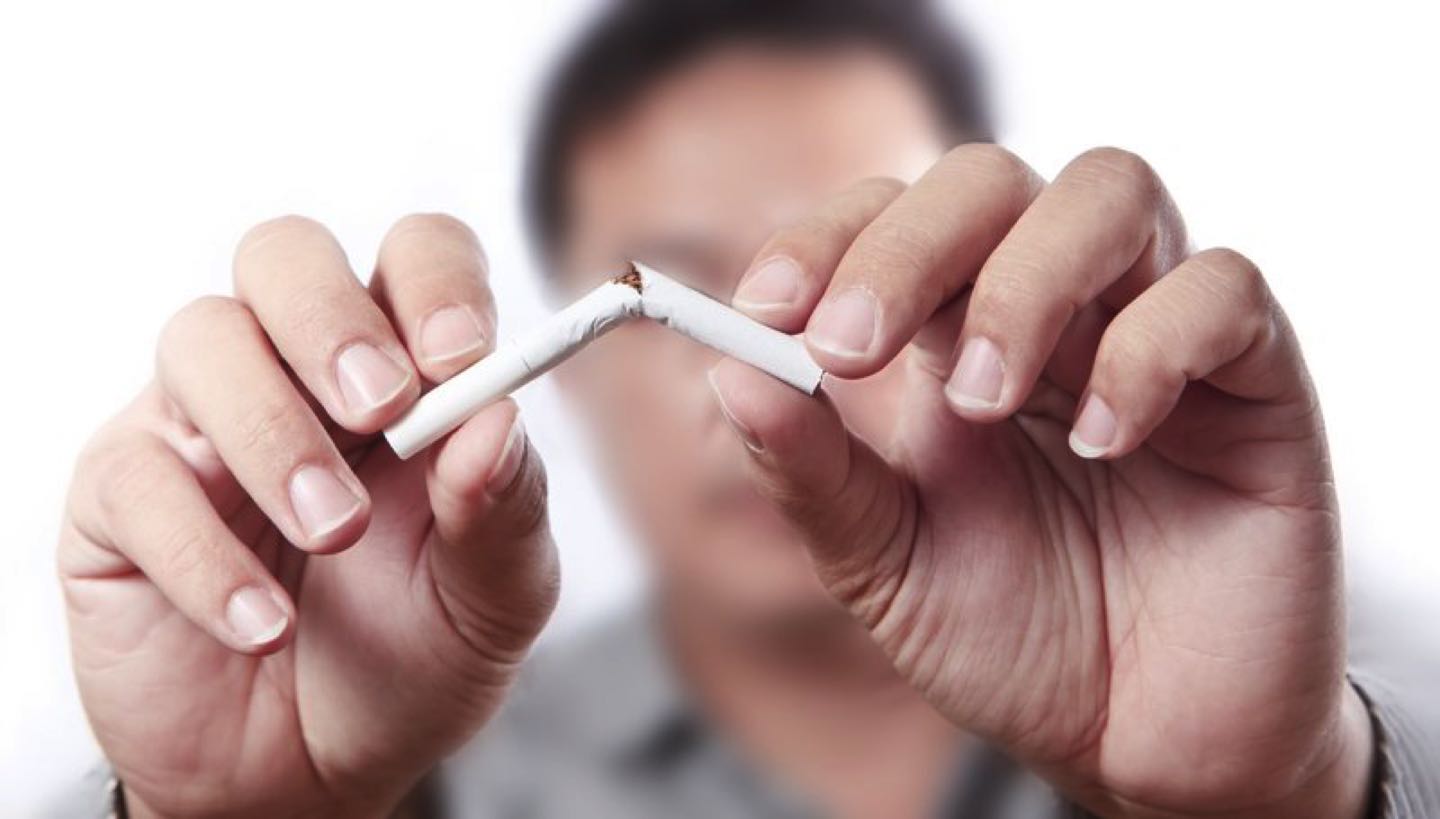Subscribe to our newsletter
Receive news and benefits on health and wellness.

SHA Magazine SHA Magazine
Hello everyone! Today the psychologist Miguel Sanchez Barredo explains his techniques help to quit smoking naturally in this interesting interview.

Psychological treatment of addiction to snuff is an effective approach that has been applied for approximately 40 years ago for the treatment of nicotine-dependent persons. Experts around the world agree that multicomponent programs for smoking cessation that include counseling returned good results both in the short and long term.
Is not that psychological treatment is essential to quit (the same way as the paving is not required to travel on a highway) but have psychological support throughout the process ensures a much greater chance of success, and psychological intervention can save many “headaches” and reduce the feeling of anxiety and irritation of smoking…

First I would like to clarify what hypnosis is NOT: not magic, there is no trance, not a therapy by itself in isolation and the person does not perform under hypnosis anything that they really do not want.
That said, the American Psychological Association and the British Psychological Society, define clinical hypnosis as a psychological intervention procedure based suggestion techniques. This would be the therapist helps the patient to quit smoking by using different types of suggestions and relaxation exercises and visualization. Teach a person to visualize in his mind that experience problems (smoking in this case), detecting the emotions, thoughts, physiological reactions, in order to influence perceptions, feelings, thoughts and behaviors, facilitate change and help fears disappear.
Although hypnosis can be a valuable tool, it is important to explain to people that we read that by itself alone can hardly solve the problem of addiction to snuff and that the key to its effectiveness is that it is duly included in a multicomponent smoking cessation program other techniques include psychological and medical support (east and west), nutrition, physical activity sciences, etc …
Some smokers have come to my office looking for a wrong “abracadabra” to quit, but I’ve always preferred to give something better: self-confidence, commitment and effort to achieve your goals, like quitting smoking. When you reach the goal, the satisfaction is indescribable.
In the market there are currently a large number of smoking cessation medications (nicotine replacement therapy, bupropion and varenicline basically) that can be useful in some cases, but that alone will not do much if the smoker is motivated or do not have the support of a multicomponent program. All these aids are to be administered on prescription basis of an analysis of the history and current health of the patient. They are not “magic cures” or anything that’s going to change your life if you do not use them within a context of change and of course if used without appropriate medical supervision can cause side effects like any medication, some of them very serious.

In each cigarette more than 5,000 substances identified as toxic. Throughout his life, the smoker will accumulate in your body a number of free radicals that (among other things) will make you feel more tired, give your skin a more subdued and even alter the color of your urine. Because these free radicals are eliminated through sweat and urine, the importance of exercise and nutrition are essential in detoxification of these chemicals. Thus, a diet rich in selenium, zinc and vitamins A, C and E (antioxidants) will be critical to help prevent serious illnesses and rebalance the body.
Also, avoiding foods that enhance the flavor of snuff (red meat, highly seasoned foods, sodas, colas, coffee, alcoholic beverages, etc.) and introducing others to worse we can help smokers quit snuff, keeping the cigarette desire under control at all times.

Quitting smoking is the first step in a much longer journey that leads to health, success and harmony with ourselves and with our environment. As with any trip we will find peaks and valleys to transit, and other difficult periods and maybe not we will always remember that everything, absolutely everything, is part of the way.
My advice is that before going on a trip like this, choose well their companies and baggage, to be surrounded by good people and to undertake the road without fear, this is at times a difficult road but well worth it. Stop smoking is possible.
*Miguel Sánchez Barredo is a renowned clinical psychologist expert in smoking cessation therapies such as hypnosis and is a member of the SHA Wellness Clinic team.Related posts:
Receive news and benefits on health and wellness.
